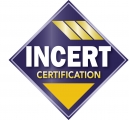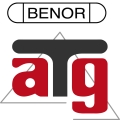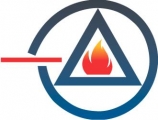While certain components of a fire protection installation can no longer be checked during acceptance, some defects must be reported from the very beginning of the production process, so that they are not repeated or become commonplace. If these defects are observed only during the acceptance stage, they could require major disassembly and considerable investments to become compliant. For example, if there is too large a distance between ESFR sprinkler heads and the ceiling (very specific distances must be maintained in order to guarantee the effectiveness of this type of installation), the installation would need to be adapted.
Other scenarios include:
- protection installations above drop ceilings;
- main underground pipe networks;
- parts of the installation that are inaccessible without equipment that is only available during the installation phase (scaffolding, cherry-pickers, etc.);
- parts submerged at the bottom of water supply tanks (checking filters, critical distances between the suction hole and the tank/ground, requirements for the anti-vortex device, etc.), which will no longer be accessible at the acceptance stage and therefore must be inspected while it is still possible during the installation phase;
- ...
Without this intermediate inspection, reservations will be cited in the acceptance report, and its condition will remain uncertain for several years, hence why these intermediate inspections are important, although they are still not being requested often enough.
These intermediate inspections will avoid reservations in the installation's acceptance report, as well as any critical observations during acceptance. They enable the installation to go through a smoother acceptance procedure, as it no longer has major problems likely to put installers in financial and contractual difficulties.
Its acceptance simply becomes a formality, will take less time and will no longer be a major concern for the project manager and other installers.
It is therefore advisable to conduct these intermediate inspections before the approval procedure of any installation.






